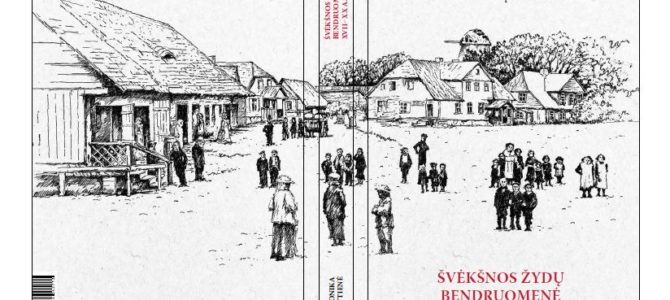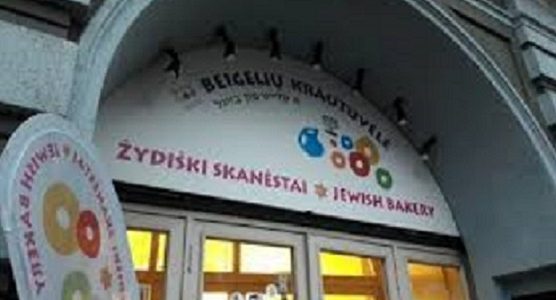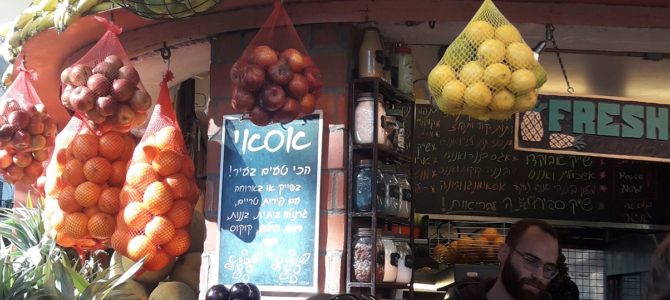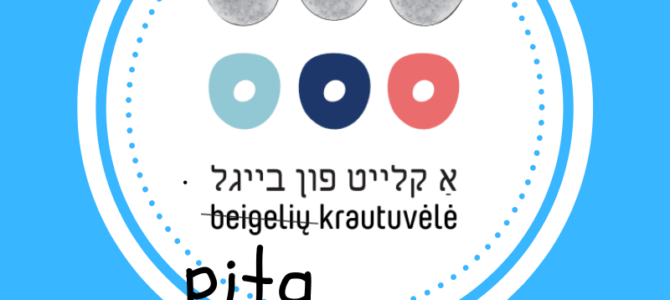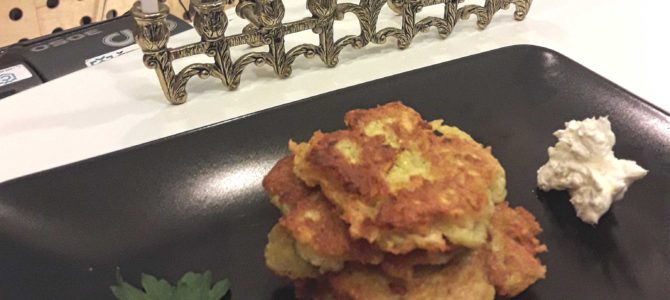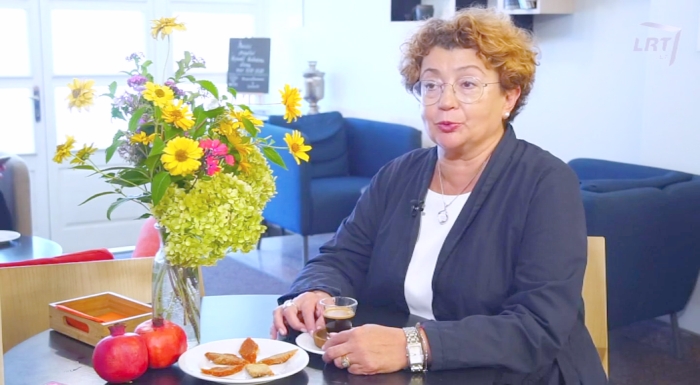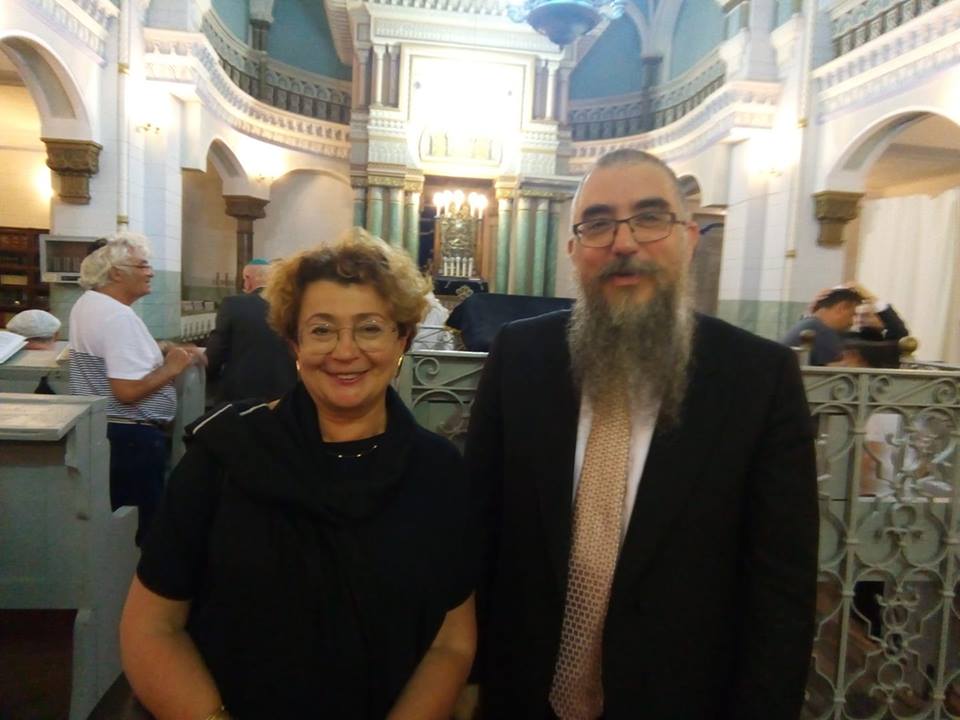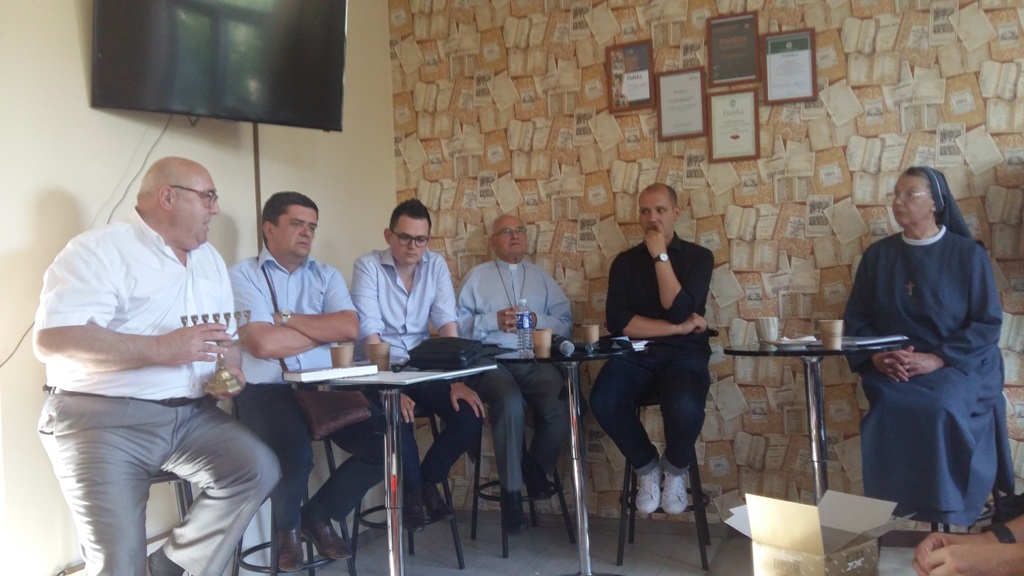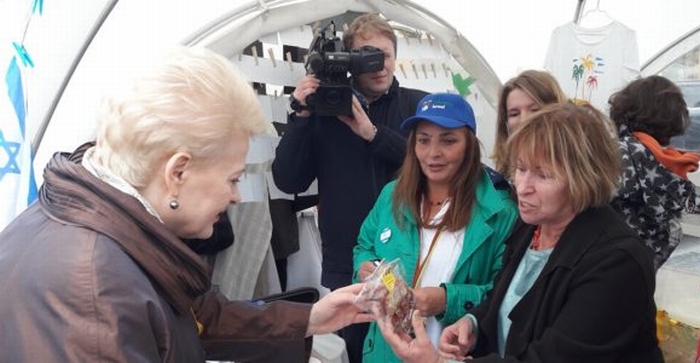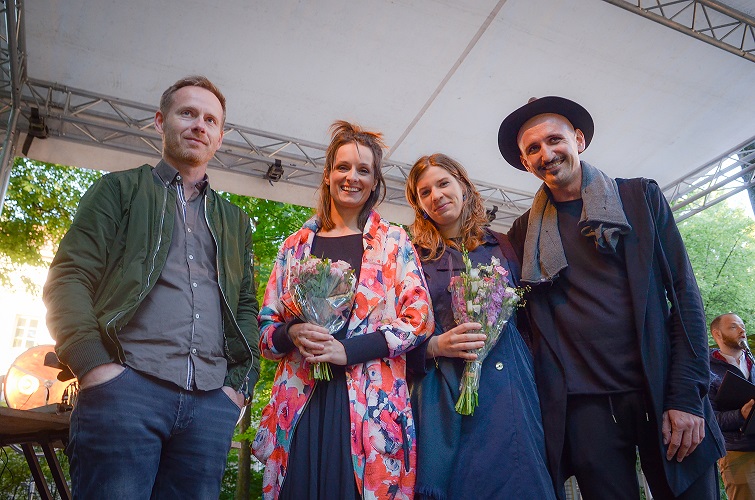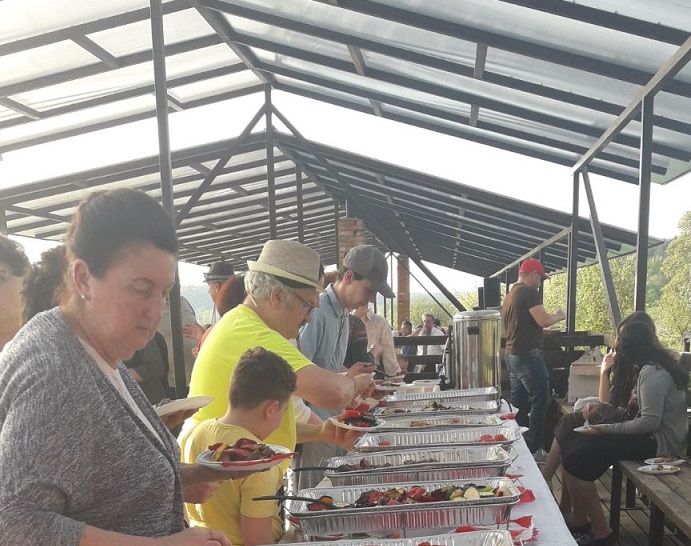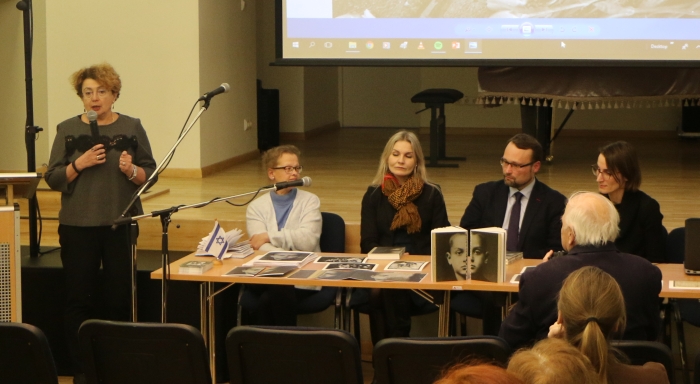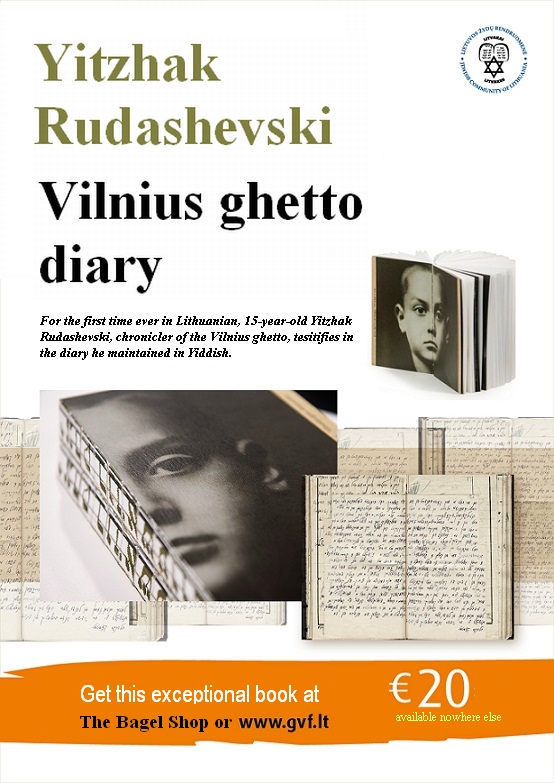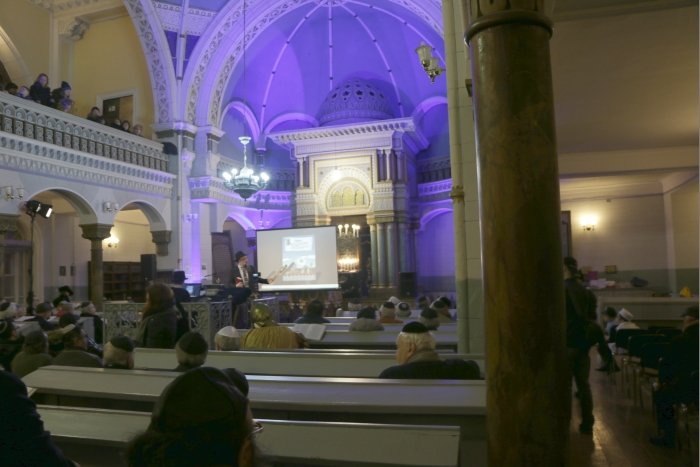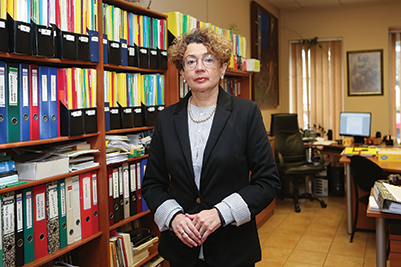
Attorney and Lithuanian Jewish Community chairwoman Faina Kukliansky on the project “Preparation and Publication of Recommendations for Fighting Anti-Semitism and Romophobia in Lithuania”:
I am truly glad the Lithuanian Jewish Community was given the opportunity to implement the EVZ project “Preparation and Publication of Recommendations for Fighting Anti-Semitism and Romophobia in Lithuania.” Appreciating the great importance and appropriateness of inter-institutional cooperation, the Community carried out the project with experienced and trusted partners: the Roma Social Center, the Lithuanian Human Rights Center, the Women’s Information Center and a specially formed group of experts.
Speaking of expressions of anti-Semitism in Lithuania, the positive changes are obvious. Celebrating 30 years since the restoration of our organization, the Lithuanian Jewish Community is experiencing a real, contemporary cultural renaissance. Our organization is stronger than it was, and interest in Jewish topics in Lithuania is greater than it has been ever. The Community has contributed at least partially, within our powers, to this positive breakthrough. Since 2013 we have been carrying out the Bagel Shop tolerance campaign which to the present has attracted more than 7,000 friends and followers on social media. The year 2017 also saw several important achievements in the field of human rights and the commemoration of historical truth: a jubilee March of the Living at the Ponar Jewish mass murder site, Lithuania’s adoption of the International Holocaust Remembrance Alliance’s definition of anti-Semitism, and the LJC taking the leadership position in the international memory campaign We Remember, which culminated in a commemoration of International Holocaust Remembrance Day at the Lithuanian Foreign Ministry with high state officials, members of the LJC and various public figures. In February of 2018 the Community published our Lithuanian translation of Yitzhak Rudashevski’s Vilnius ghetto diary. This publication, an authentic primary source on the history of the Holocaust, attracted great public interest, and we hope it will be accepted as an aid to teaching the Holocaust in the nation’s public schools and educational institutions.
Despite the evolving discussion by the public and the political class regarding these important issues, the fight against discrimination continues. The history of Lithuanian Jews, spanning 700 years, is still not integrated appropriately in the Lithuanian educational system, the Lithuanian experience of the Soviet occupation is often equated with the Holocaust and the internet is full of expressions of hate directed against Jews as well as Romani.
I am convinced the successful implementation of this project will contribute significantly to the further expansion of human rights and the fight against anti-Semitism and Romophobia, and to encouraging dialogue between distinct communities who share similar problems and institutions in the state and non-governmental sectors.
Recommendations 2018




